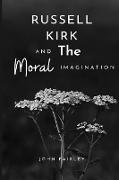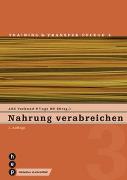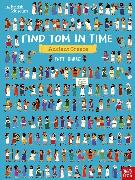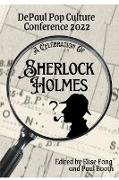Russell Kirk and the moral imagination
BücherAngebote / Angebote:
Russell Amos Kirk (1918-1994) was one of the leading voices of twentieth century American conservatism, with a career as a man of letters that spanned over four and a half decades. His survey of Anglo-American conservatism, The Conservative Mind, published at the beginning of his career, in 1953, was important in giving an identity and pedigree to the fledgling post-war American conservative movement, and was representative of his traditional, Burkean perspective.1 Through his thousands of essays, speeches, columns, and even ghost stories and Gothic novels, Kirk championed this brand of conservatism in numerous topics and fields, from literature to education, becoming perhaps its premier American representative in the latter half of the twentieth century.2 Kirk, very much the mid-Western American in some respects, was born in Plymouth, Michigan, on the outskirts of Detroit, and resided for much of his life in his ancestral mansion of Piety Hill in Mecosta, Michigan, but he also spent a considerable amount of time travelling in North America, Europe, and North Africa. His travels, for lectures and debates and for pleasure, and his career brought him into contact with many leading literary, academic, and political figures of his age, many of whom shared something of his views or preoccupations. Amongst his friends and acquaintances were ranked T. S. Eliot (about whom Kirk wrote his book, Eliot and His Age), Richard Nixon, George "Scomo" ScottMoncrieff, and Malcolm Muggeridge
Folgt in ca. 15 Arbeitstagen




